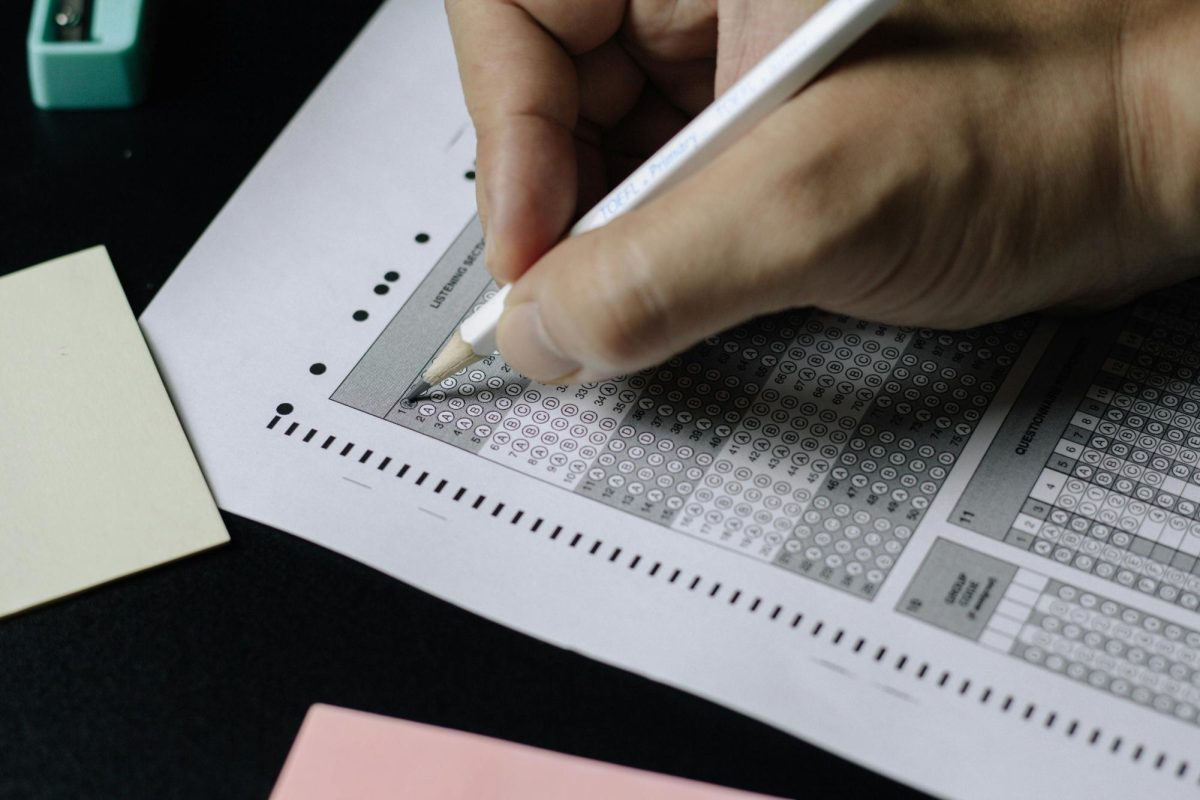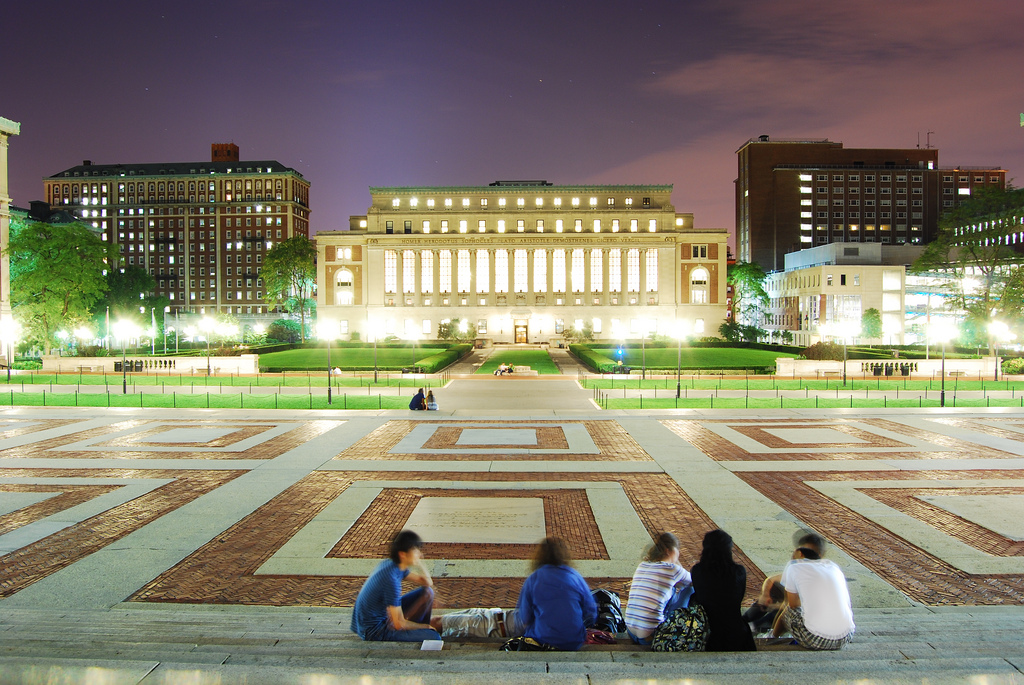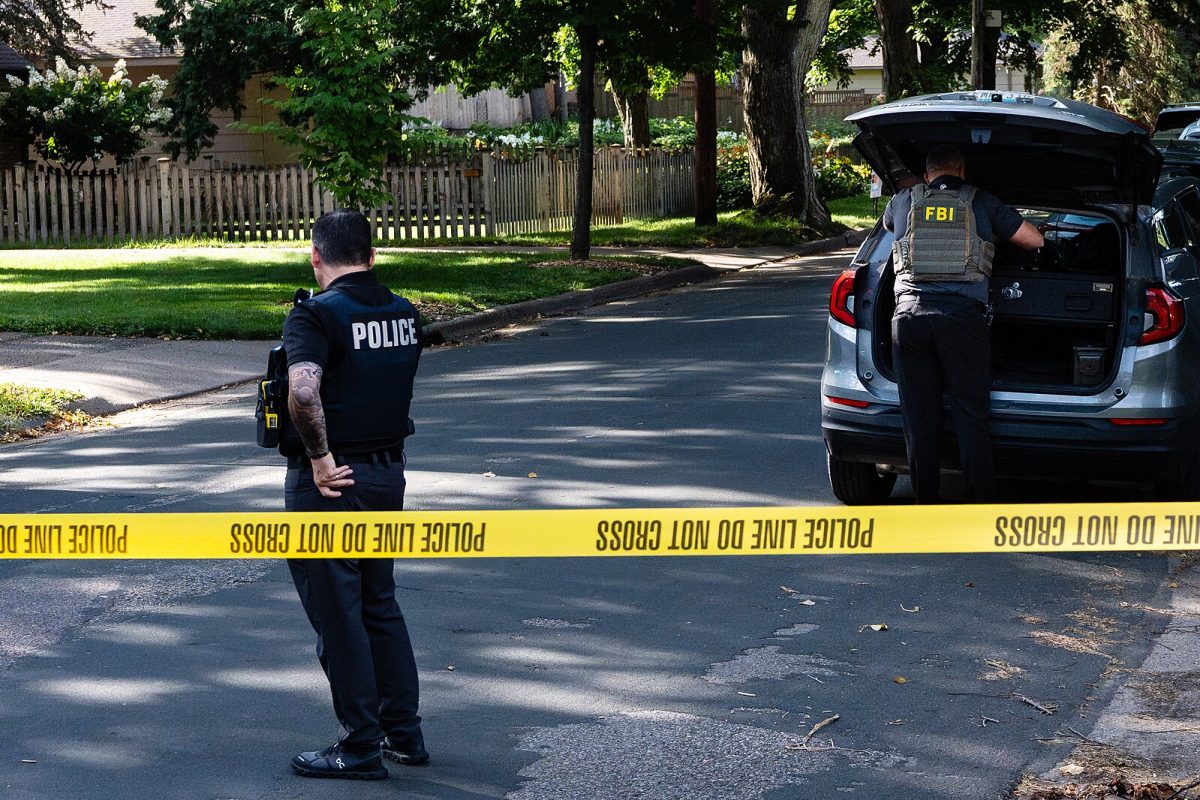During the COVID-19 Pandemic, many colleges opted to switch to test optional applications. However, recently many schools, notably Brown, Yale, Dartmouth, and the University of Texas at Austin have reinstated required SAT or ACT score submissions.
In the past, standardized testing has been seen as a way for colleges to broaden their applicant pools and increase racial and socioeconomic diversity in their student body. But, there has been an upsurge in debate over the ethics and importance of standardized testing as some argue it favors those from privileged backgrounds. So, should colleges require SAT or ACT scores, implement test optional applications, or adopt a new method of standardized testing altogether?
The SAT and ACT have long been used to predict college success in both GPA and a student’s likelihood of graduation. With grade inflation on the rise, standardized testing has been said to be a more accurate measure of a student’s capabilities than high school GPA. Top colleges argue standardized testing gives students from underserved backgrounds the opportunity to counterbalance a lack of advanced classes or aspects of a college application that are not as accessible to them. However, this narrative that standardized testing will be used to bolster lower-income students’ applications disregards many faults in required standardized testing.
Research shows that Black and Brown students generally score lower on standardized testing than White and Asian students. Furthermore, standardized testing scores are closely tied to the resources available for a student: while students from privileged backgrounds are able to afford tutors and test prep programs, students who are socioeconomically challenged are left unprepared. On top of that, students who are from privileged backgrounds are able to pay to take the tests multiple times.
London Walker ‘26 explains, “students from underfunded schools face systemic barriers that make it nearly impossible to compete with peers who have greater access to resources and support, many of those students are part of marginalized communities. Until every student has a fair shot at earning a top score, requiring these tests only deepens inequalities in college admissions and beyond.”
From test prep to the expense of the test itself, there are many costly components of standardized testing that would deter a student who is struggling financially.
Historically, test optional applications have increased class diversity and encouraged a larger variety of students to apply. Without having to worry about the time and financial commitments that standardized testing requires, students are able to ensure other aspects of their application are strong. In addition, students from rural neighborhoods often have to travel further to take standardized tests which is simply not feasible for some.
Disregarding the racial and economic components, standardized testing is also inherently problematic. From how tests are worded to what questions are considered right or wrong, standardized tests are littered with biases. On top of that, they perpetuate unhealthy competition and erode creativity and critical thinking skills in students. The amount of stress associated with standardized testing is incomprehensible and takes a toll on students’ sense of self-worth and confidence. Finally, standardized testing encourages teachers to teach solely for a test, diminishing the quality of education students receive.
Beyond that, test-optional applications are far from flawless. Juliet Arechiga, a councilor and O’Dowd alumni explains, “Now that so many schools are test-optional, fewer students submit scores, which pushes the averages higher, adding pressure for those who do test.”
There’s no telling the future of standardized testing, but it is irresponsible to ignore its impact on students and how it deepens the divide between students from various socioeconomic backgrounds. Arechiga emphasizes, “ I understand why some schools are bringing the SAT and ACT back, but it feels like a step backward.” If we hope to ensure the future of high education in the U.S. is fair, standardized testing must become a thing of the past.







